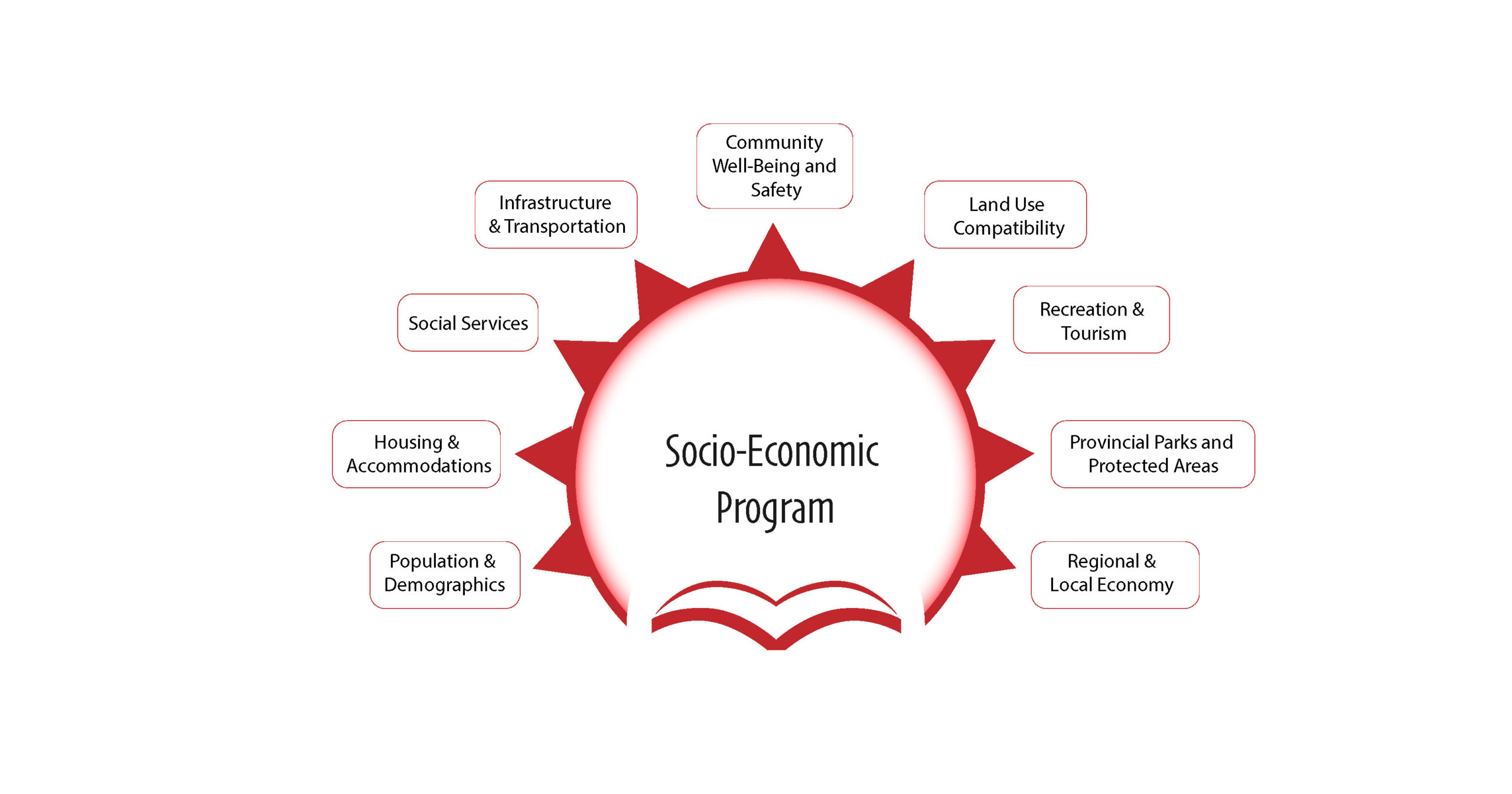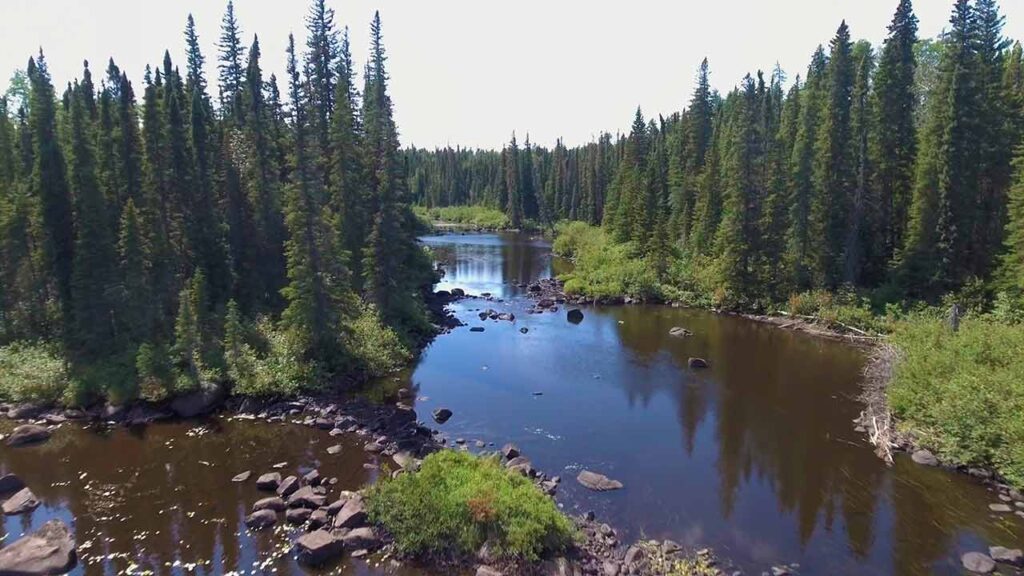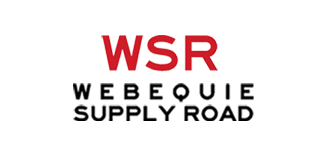How are we collecting the information?
Information will be gathered from publicly available sources such as Statistics Canada, First Nations Community Profiles and community websites. In
addition, the WSR Project Team will collect information
from the potentially affected communities using several methods such as:
- Surveyes
- Community meetings
- Focus groups and key informant interviews.
All data collection activities will respect and adhere to the community’s cultural protocols and be subject to OCAP (ownership, control, access and possession) principles. Additionally, any proposed in-person
activities will adhere to provincial and community COVID-19 protocols and will respect community and
participants’ preferences and comfort levels
What is the Socio-Economic Program?
Looking at socioeconomics can tell us about the jobs, income, education well-being and values in a community. Webequie First Nation (WFN) is conducting a Socio-Economic Program for the Webequie Supply Road (WSR) Project. This Program is available to the 22 Indigenous communities potentially affected by the Project. The Socio-Economic Program is focused on the community and it’s overall well-being, in relation to social and economic factors. An Indigenous Knowledge (IK) / Indigenous Land and Resource Use (IKLRU) Program is also underway.
How can I get involved?
Follow us on social media and check out our Live Stream Page to view current and previous Live Stream information sessions about the Project.
We also have virtual open houses taking place for each of the 22 Indigenous communities potentially affected by the Project. See the schedule here.
Michael Fox
Regional Consultation Lead
Webequie First Nation
1000 Chippewa Road
Thunder Bay, ON
P7J 1B6
Tel: 807 472-6147 Fax: 807 577-0404
Email: michael.fox@supplyroad.ca
Don Parkinson
Consultation Lead
SNC- Lavalin Inc.
195 The West Mall
Toronto, ON
M9C 5K1
Tel: 416-252-5315 ext. 52584 Fax: 416-235-5356
Email: don.parkinson@snclavalin.com
Leslie Spence
WSR Local Co-ordinator
Email: leslies@webequie.ca

What information are we collecting and why?
To understand the existing socio-economic conditions in the communities that may be affected by the Project, we are collecting information in the following areas:
- Population and Demographics – including population, age, gender, etc.;
- Housing and Accommodations – including housing demand/affordability/supply/quality and number of people living in a home;
- Social Services and Infrastructure – including supply and demand for education, childcare, water, waste, energy, and communications;
- Transportation – including volume of, and demand for, road and air transportation;
- Community Well-Being and Safety – including social cohesion and culture, participation in social and/or cultural events, domestic violence, physical/sexual assault, air quality and noise;
- Land Use Compatibility – including existing and proposed land uses;
- Recreation and Tourism – including land/waterway access and resource availability;
- Provincial Parks and Protected Areas – including areas of natural and scientific interest and conservation reserves; and
- Regional and Local Economy – including economic and procurement opportunities, labour force and employment, government finances, cost of living, and mining/aggregate activity.


